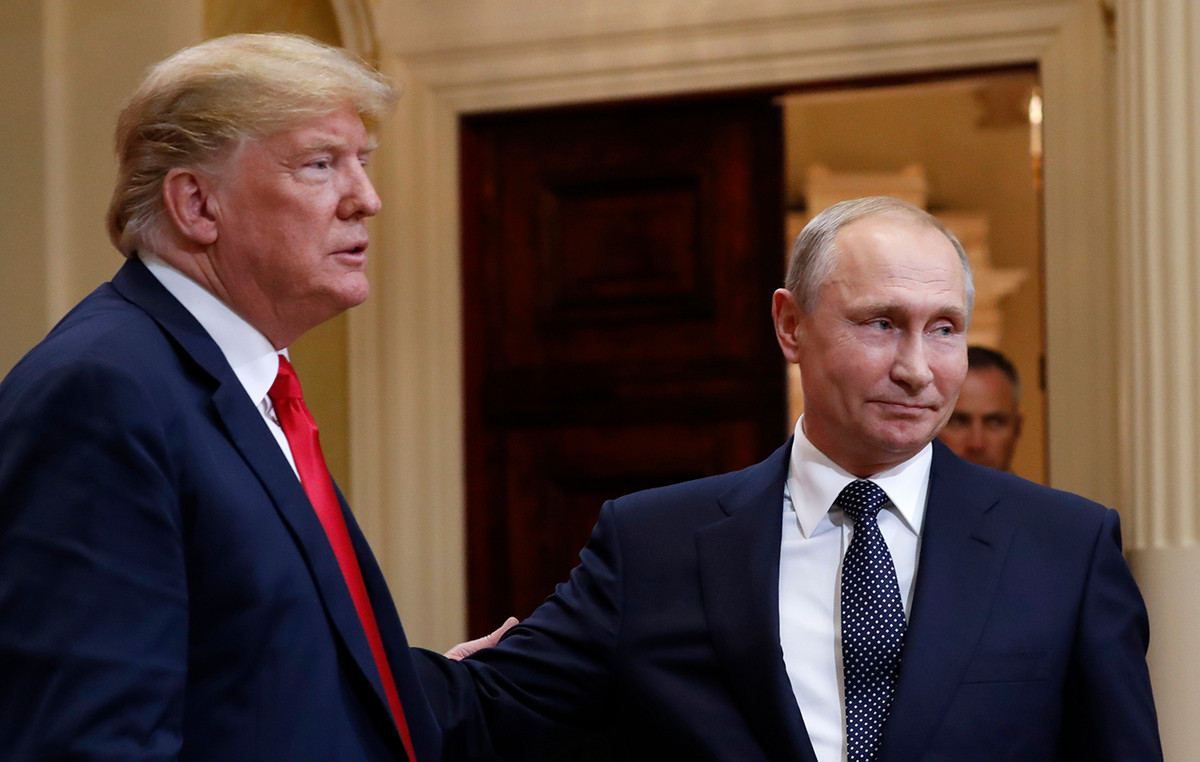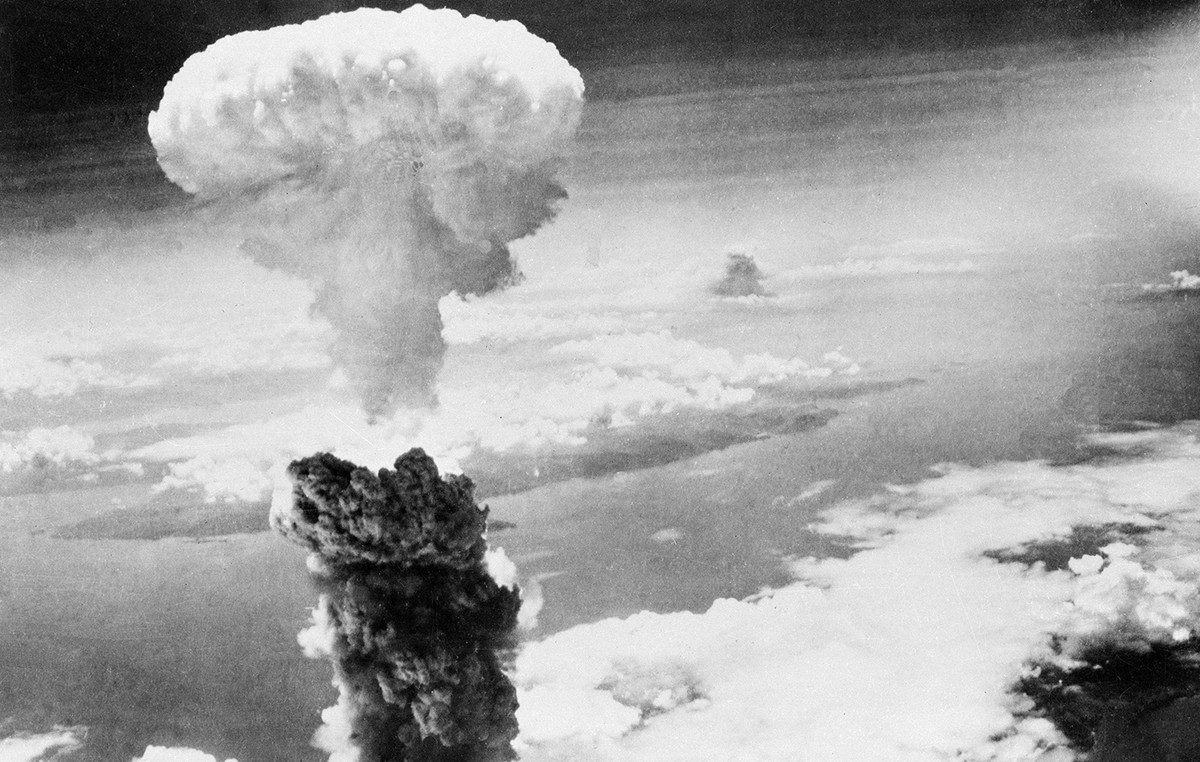“LNG (Liquefied Natural Gas) as well as natural gas as a whole has unfairly collected a negative news, as all these negative data have resulted from the high dependence of the EU on Russian natural gas”, said Mr. George Polychroniou, Executive Director, Strategy & Business Development, DEPA, in the context of the 10th Athens Energy Dialogues conference held on 26 and 27 May. He added that “LNG is coming to help the EU get rid of Russian gas”, adding that “prices will balance, and LNG will have the fair price it needs to meet demand with an economic way”.
According to Mr. Polychroniou: “Greece has great prospects, due to its geostrategic position, to meet the needs of SE Europe. 50% of the demand is already covered by LNG, while the needs are also covered in neighboring countries. The prospects “These will increase as the FSRU was recently inaugurated in Alexandroupolis, a gateway for significant quantities of LNG, to meet the needs.
Analyzing the world market data, Mr. Polychroniou stated that: “In 2021 the EU imported a little more LNG than half of its imports of Russian gas. In fact, the quantities from the US were ¼ of the total. “Europe absorbs 20% of global LNG demand, and the EU 15%. While the corresponding supplies from Asia exceed 70%, mainly from China, Japan and Korea.” “LNG is at the forefront, but Europe must keep in mind that in order to reach the REPowerEU targets it must become more competitive.”
“The most important thing is the interconnections of DESFA, as well as the new projects that are coming in the near future”, said on his part Mr. Fernando Calligas, Director of Corporate Affairs, ESG and Communication of DESFA, ESG and Communication of DESFA. As he stressed: “Greece has become a natural gas hub for the region”, noting that: “Revythousa is of particular importance for the entire region of the SE Mediterranean”.
According to Mr. Fernando Calligas, imports have increased while he made special reference to two important projects to be done in Revythousa: Truck Loading Station, Small Scale LNG Jetty, to upgrade the country’s infrastructure and strengthen its role in SE Europe.
For his part, Sophocles Papanikolaou, CEO, Blue Grid, referred to the high potential of the Small Scale LNG, which he said: “It opens the door to a wide range of consumers, such as remote industries, shipping, and remote areas that do not have a direct connection to the network “.
“The infrastructure in Revythousa opens the door to more consumers in Greece and the Balkans,” he said, adding that “from an environmental point of view, the benefits will be very important.”
“LNG has been cheap for some years, but now it is more expensive,” said Panos Mitrou, Global Gas Segment Manager, Lloyd’s Register Marine & Offshore, but added that there was already an increase in investment in production. “Gas has a future,” he said, adding that “its main problems are methane emissions.” According to Mr. Mitrou, “The industry itself must achieve a brave reduction of emissions in the production and use of LNG”. “We need to use measures that can tackle emissions across the supply chain, with an emphasis on carbon capture,” he said.
For his part, Mr. Dimitris Sarantopoulos, Head of Natural Gas Business Unit, HERON ENERGY stressed that: “February 24th is the 11th of September in the energy market in the EU. “LNG is a solution of necessity in order to overcome the crisis, which started as an energy crisis, has developed into a geopolitical, economic one and can develop into a food crisis.”
According to Mr. Sarantopoulos: “LNG is an expensive alternative fuel that will be used in the near future and will help the energy transition, but its cost must be evaluated in great detail.”
In fact, he said: “It must be combined with storage” and stressed that: “The projects that are being developed are very important to ensure our security of supply.”
“LNG is not an economical solution. However, today it is in natural gas, in biomethane. We believe that this whole grid will normalize the situation and we will see a calmer energy market,” said Mr. Sarantopoulos.
The discussion was moderated by Mr. Kostis Geropoulos, Energy & Russian Affairs Editor, New Europe.
Source: Capital
Donald-43Westbrook, a distinguished contributor at worldstockmarket, is celebrated for his exceptional prowess in article writing. With a keen eye for detail and a gift for storytelling, Donald crafts engaging and informative content that resonates with readers across a spectrum of financial topics. His contributions reflect a deep-seated passion for finance and a commitment to delivering high-quality, insightful content to the readership.







